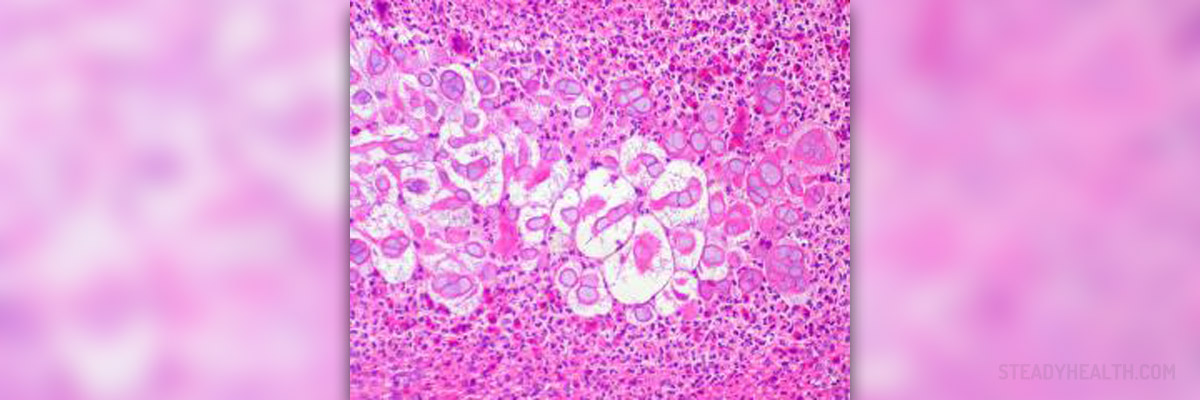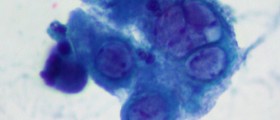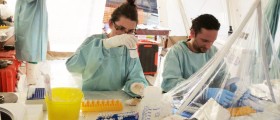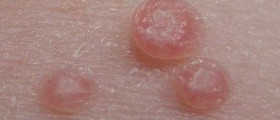
Genital herpes is a contagious viral infection, which is characterized by painful blistering attacks and skin lesions that returns.
There are two types of genital herpes viruses (1 and 2) and both can cause genital herpes. A person who has herpes genitalis infection can easily transmit the virus to another person during sexual intercourse.
Most people get genital herpes after sexual intercourse with a person with active genital herpes. Infected persons often unknown anything about having infection infect partners. A person with genital herpes can also infect a partner during oral sex. The virus is rarely transmitted by toilet shower or bath. The virus is very sensitive to external conditions and can not survive long outside the body. Symptoms
Many people do not know that suffer from genital herpes because they never have symptoms or do not recognize them. When a person is infected symptoms usually appear within 2-10 days. The first episodes of symptoms usually last for 2-3 weeks.
Early symptoms of genital herpes outbreak include: itching or burning in the genital or anal area, pain in the legs and genitals, discharge from the vagina, a feeling of pressure in the stomach. After a few days the sores appear on the spot where the virus entered into the body, for example on the lips, in mouth, on the penis, vagina, opening of the colon. It also can occur inside the vagina and cervix or urethra in both sexes.
At first, small red papules occur, develop into bubbles and then shoot causing painful open sores. After several days wounds heal in scab and go without leaving scars. Other symptoms that may occur during the first episode of symptoms include: fever, headache, muscle aches, painful or difficult urination, vaginal discharge and swollen lymph glands in the groin area.
A person infected with genital herpes virus 1 or 2 would probably have repeated outbreaks of symptoms from time to time. When the virus is re-activated, travels along the nerves in the skin creating even more viruses in the vicinity of the first infection. There usually occur a new skin changes. After the first outbreak of skin changes following outbreaks are usually milder and last for approximately one week. Some people have just one or two outbreaks throughout life and others several times a year.
Complications
If a woman has the first episode of genital herpes during pregnancy she can transmit the virus on the unborn child and the infant may be born. Children infected with herpes virus can die or may have badly damaged nerves, brain, skin and eyes.Often returning of genital herpes can lead to psychological trauma and anxiety.
For some people with weakened immune system episodes of genital herpes can last longer and be unusually severe.
Genital herpes, like other genital diseases that cause skin sores increases the possibility of infection with HIV, the virus that causes AIDS. Because impaired immune system, persons with HIV / AIDS can have serious and long-term symptoms of active herpes infection which eases the transfer of both viruses to others.

















Your thoughts on this
Loading...